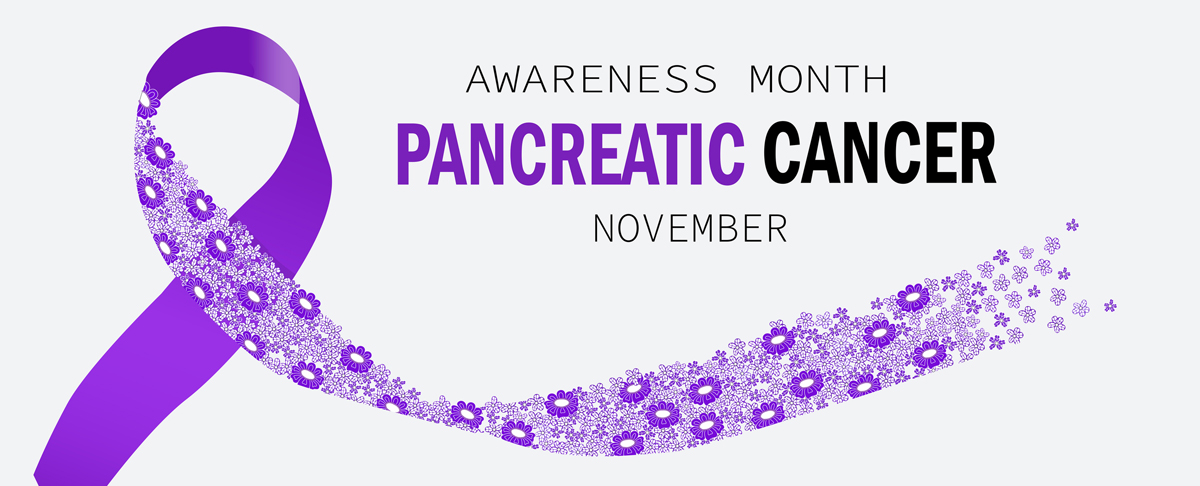<< Back
Pancreatic Cancer Awareness Month: Pay Attention to Early Cues

November 05, 2021
November is Pancreatic Cancer Awareness Month and this year 60,000 Americans will be diagnosed with the disease.
Hartford HealthCare’s Jocelyn Maminta recently spoke with surgical oncologist Imran Siddiqui, MD, FACS, with the Cancer Institute at St. Vincent’s Medical Center about advances in pancreatic cancer care and robotic and minimally invasive cancer surgery.
The pancreas is a vital organ located behind the stomach that helps to produce insulin to digest glucose and enzymes to digest food. Pancreatic cancer typically does not produce any symptoms until the cancer has spread.
“Unfortunately in most cases by the time patients have significant symptoms, it seems to be at a point where the pancreatic cancer has grown quite a bit,” Dr. Siddiqui said. “But there are certain symptoms that people, in general, should keep an eye on.”
If you have any of the following symptoms that cannot be explained, Dr. Siddiqui suggests checking in with your doctor:
- Unintentional weight loss
- Appetite decrease
- Persistent abdominal pain
- New persistent back pain that can’t be attributed to an injury
- Jaundice
- Dark, yellow or orange urine
“What I tell my patients, or especially people who are at high risk, is don’t wait for all of those symptoms,” he said. “If you start having any of the symptoms, make an appointment with your primary care doctor.”
Risk factors for pancreatic cancer include:
- Smoking
- Over the age of 55
- Family history of pancreatic, breast, ovarian or prostate cancer
- Ashkenazi Jewish ancestry
- Obesity
- Recurrent bouts of pancreatitis
While the majority of pancreatic cancers are diagnosed at a later stage, treatment options are still available. For removable pancreatic cancers, Dr. Siddiqui performs robotic and minimally invasive surgery. With the help of a da Vinci robot, Dr. Siddiqui and other surgeons can perform complex procedures, including the Whipple operation, with small incisions.
“Essentially instead of having a big scar on your abdomen you have these small, little incisions – called keyhole incisions,” Dr. Siddiqui explained. “This allows for faster recovery, less pain after surgery and is also better from an operative standpoint because there’s less blood loss.”
It also allows for a smoother transition if chemotherapy is needed after surgery. While a pancreatic cancer diagnosis can be devastating, Dr. Siddiqui explains that treatment is available and many patients have good outcomes.
“It’s important for people to not be afraid of this cancer,” Dr. Siddiqui said. “Just like any other cancer, if caught early enough we can cure our patients. I tell a lot of my patients that just like diabetes and hypertension, cancer is a condition we can treat. We approach it like how we would approach other diagnoses and seek treatment.”